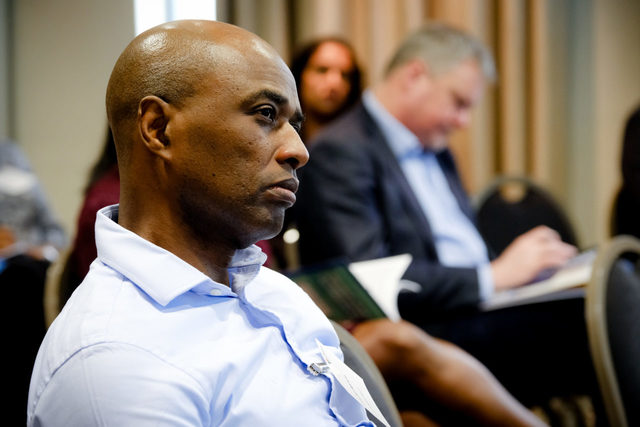The former HR head talks about the experience that convinced him he had been joining the right company.
I spent 15 or so years at British American Tobacco (BAT). For many reasons, it’s a company choice I was very pleased I made, not least for the cross-functional career, the multi-cultural experiences that came with being in an international company, and being part of a team of professionals with a real passion to win. Significantly, the values of the company; those of being open-minded, entrepreneurial in nature, deriving strength from our diversity, and having freedom with responsibility, all spoke to my own needs and made my career fulfilling.
But how did I come to join BAT? Thinking back, it wasn't uppermost in my mind to go into the tobacco industry, after working for a decade in a global mining resources business. When the option did come up though, BAT’s widely known reputation for being a great developer of people quickly sat among the key reasons I would consider the company. There was, however, another unexpected reason that soon made its way up my list of reasons to join and this is the focus of my article.
I won’t go into the details of the rigorous interview processes that you expect prospective candidates to pass through to become part of a leading company such as BAT, but rather I want to share with you an unusual situation that gave me certainty I was making the right choice in joining BAT.
Meeting the company driver
It was January 2003 that I was invited to interview with the company. After a series of stages, I was flown from Johannesburg to Cape Town to visit the company’s area headquarters, then in Stellenbosch, to meet with an interviewing panel. On that day, a BAT driver picked me up. We made idle chit-chat, as one sometimes does, talking about the city, the company, and I’m not sure what else. The interview at the company went well, certainly well enough to soon thereafter be informed of a final face-to-face interview with three of the company’s directors, a fortnight or so later.
Coincidentally, I was met by the same driver at the airport. I later learned the company had more than one driver. Naturally, we talked again, this time with a little more familiarity. At the interview, the directors got to ask their questions, and so did I, with focused intent. I enquired about the ethos of the company, what made it great, quizzed them on its values and on why they were motivated to work for the company. I wanted to understand the DNA of the organisation. Suffice to say, I was impressed and convinced BAT was indeed a great company. If they were selling the company to me, then they had sold it well.
[chro-cta slug=mondel-z-international-s-cebile-xulu-at-hr-indaba-2020-on-14-15-october-2020]
Pride and meaning
Back to the airport, with the same driver, we continued our conversation and more about the company. It suddenly dawned on me that a clear pattern was emerging. The pride and meaning that the directors said they derived from the company was similar to what the driver was talking about. The values that they saw as critical to BAT's culture were being brought to life, through his own personal stories of the company. That caught my attention and I started to think that if they made me a decent offer I would join, because what I saw in the driver was an organisation that I felt:
- Must be authentic, if it’s intended values were being evidenced across the organisation;
- Didn’t say one thing, and then do another;
- Has an ability to lift what it wants to be, off paper, off brochures; and websites, beyond the mouths of its executives, into the working reality of employees.
Weeks later I accepted the offer that was made with a good degree of conviction that I was doing the right thing. When I next saw the driver, I was only too pleased to let him know he had influenced my decision to join. The congruence of his experiences of BAT, with those told in the boardroom, made the difference.
Years later I still tell the story. Why? What was the lesson for me? Well, we all share stories about how we experience the companies we work for. We constantly relate them to the world, knowingly and at times unknowingly. People are always listening though. So, let the reality of our companies invoke passion and enthusiasm, and inform great memories and stories for our employees. As was my situation, it may just be the story told by someone far from the interviewing panel or the boardroom that makes the difference for the next potential hire.












